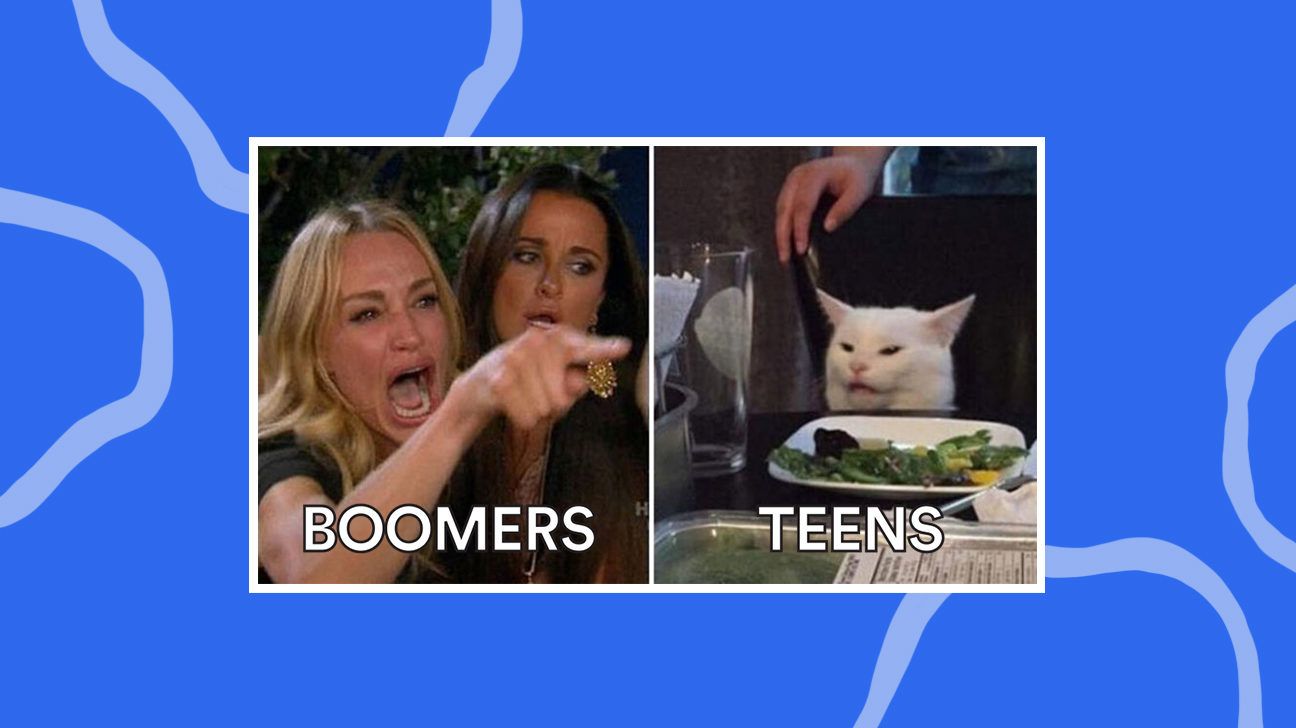
There’s a distinct conversation that clings in my memory, like a sticker that won’t come off, so all I can do is wait until time makes the words hard to read anymore.
Seven years ago, I found myself stumbling verbally to explain to a childhood friend why I resented my high school upbringing. At the time, I didn’t know how to unpack all my anger around the realization that being born rich dictates your future more than your potential; that a refusal to assimilate could damage one’s health and career; that all the harmful stereotypes I’d been taught caused a lot of pain.
This year, I’ve finally found some clues for how to get out of that labyrinth — and it’s happened mostly because 1) I’ve accepted having major depressive disorder, 2) I’m just too tired to care what others think anymore (a freedom that seems to specifically come with age), and 3) I have the language to express myself outside the confines of others’ expectations.
Sometimes I still stumble over my own two feet trying to explain these things to people. And almost every time, I’ll go online and see some teenager on TikTok expressing themself with the confidence and clarity that took me a decade to cultivate. It’s an energy that inspires such a mix of admiration, jealousy, and hope that I must admit I must be of witching age.
It’s not an exaggeration to take Hamlet’s soliloquy about life and death and apply it to teens today. Sure, who, as a teen, wasn’t afraid of the future? But what the majority of teens are afraid of today also feels remarkably different from my fears. Which is true.
A 2005 survey found that after 9/11, death and dying were the top-of-mind responses. Fourteen years later, the worries have only gotten closer to home, with teens’ worst fears being shootings and climate change.
And it’s this worry that has them clapping back at boomers (a term that describes a status, not an age, FYI) in memes, TikToks, and GIFs — rather than words and op-eds. We often see quips and retorts as childish, but I argue that teens are allocating energy far better than adults are.
Rebecca Jennings touched on an example of this for Vox. “‘I’m ugly’ culture,” as she describes, “[is] a reclamation of mediocrity in an online space where everyone else is an overachiever.” It’s accepting realities so that one “can focus on more important things.”
On the most entry level of energies, it’s ourselves we can consider “more important.” Even in this blink-of-an-eye year, 2019, I’ve gone to therapy, gotten more comfortable with expressing my voice, and learned to set boundaries — all of which stemmed from a decision to stop believing that I’m limited to what someone else says I can be. It’s the stuff I wish my younger self knew sooner.
And if aesthetics wasn’t ever your thing, there are other cultural trends teens should be awarded for — “OK boomer,” dancing to abusive voicemails, and roasting Pete Buttigieg, to name the most recent few. In these cases, instead of rejecting unrealistic expectations, teens are rejecting privilege, emotional manipulation, and capitalism.
Tweet
There’s more I can’t keep up with — which is kind of the point. By the time I’ve liked a tweet of a TikTok, the teens have moved on. Is it to maintain their sanity, or is it because of boredom? Maybe both.
My sister, who is 10 years younger than I am and in college, has time and time again rejected narratives that required her to live in only one direction. When she applied to art schools, my dad texted me for weeks asking me to convince her otherwise: “She’s wasting her talent” or “What job prospects are there?” I refused, and on she went to art school.
After her first week there, my parents stopped trying to persuade her. To their credit, it wasn’t because they gave up. They stopped after my dad watched my sister stroll off campus, portfolio in hand, to meet them at the restaurant across the street. “I’ve never seen her so happy,” he texted me.
And so it feels clear to me that the freedom to find happiness on your own terms is one of the healthiest explorations one can do. Sometimes it overwhelms me just to imagine how much freedom and joy marginalized identities could have if our lives were not determined by someone else’s comfort zone. How much more of myself would I understand if someone took the time to advocate for me to explore my truths?
Well, I would’ve spent more time loving and building myself rather than waiting for other people who would love a shell of me.
Christal Yuen is a senior editor at Greatist, covering all things beauty and wellness. Find her musing about wellness on Twitter.
